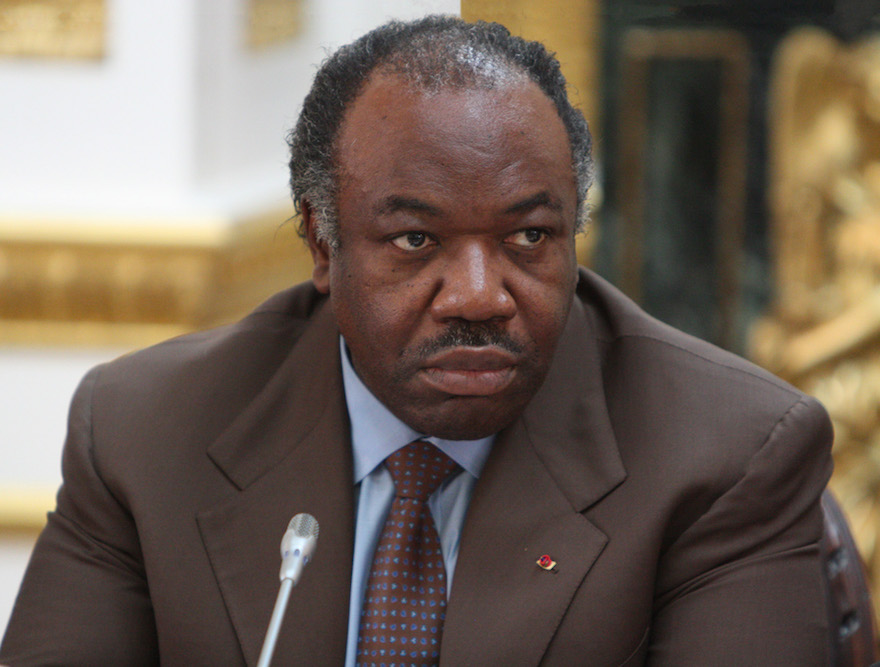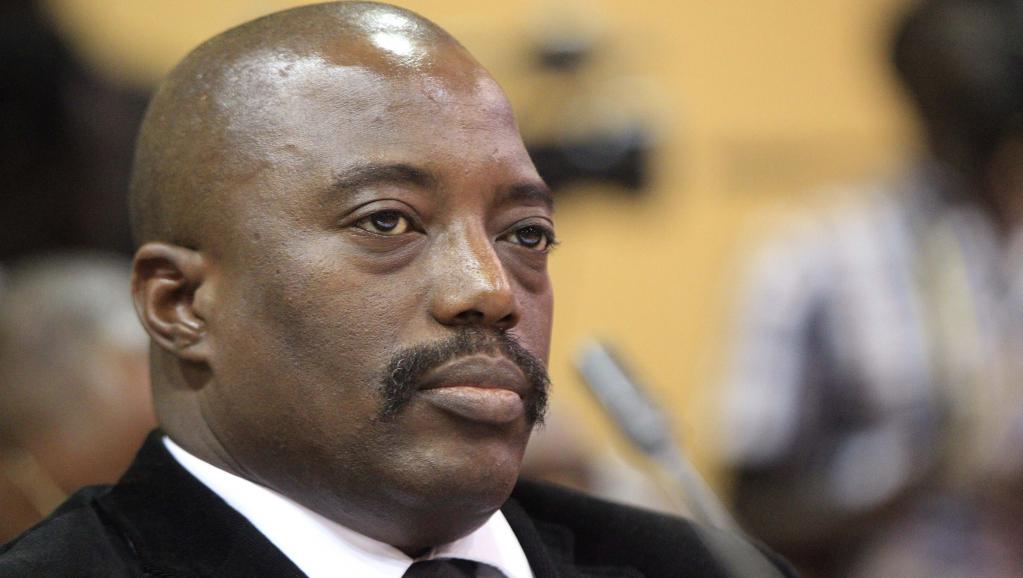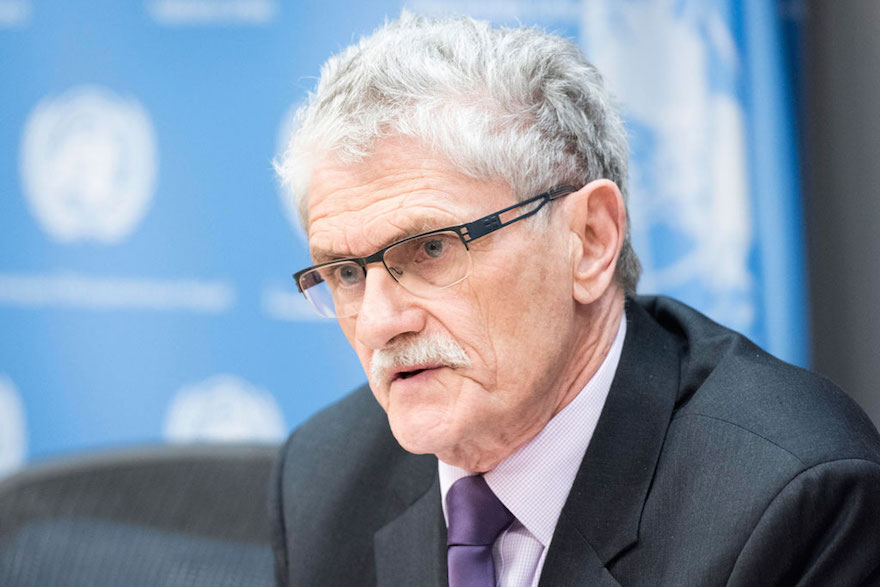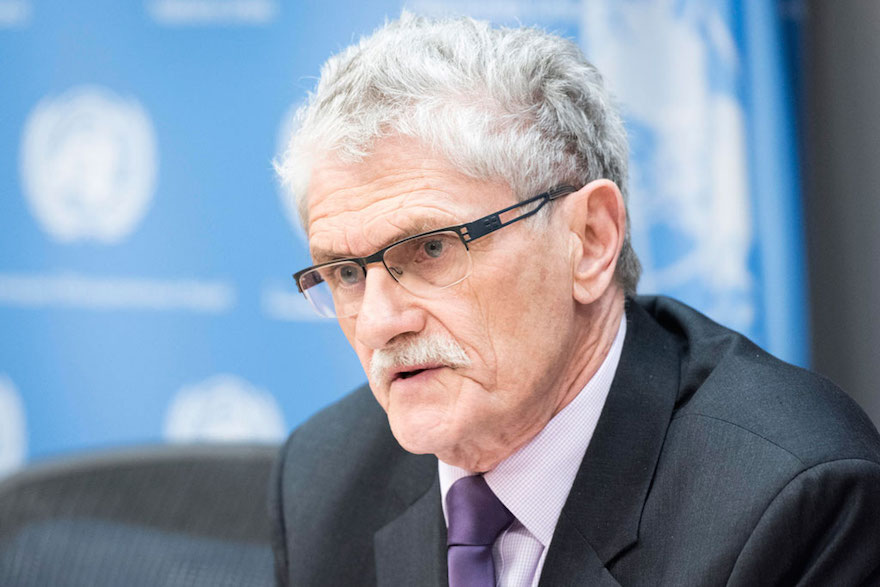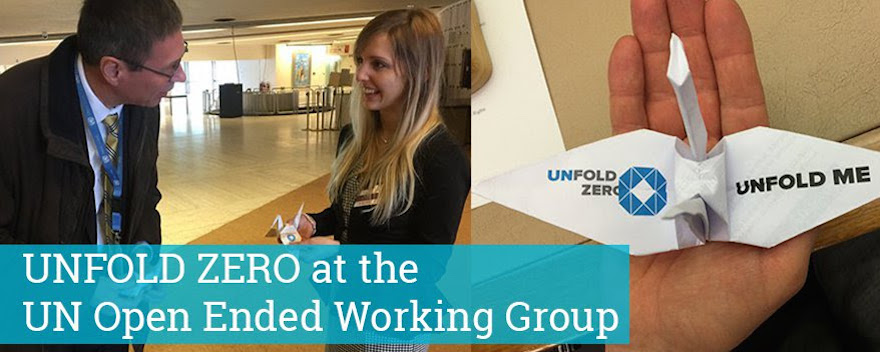By Dr Bradnee Chambers
BONN (IDN) – World Wildlife Day, being celebrated on March 3 for the third time – this year under the slogan ‘The Future of Wildlife is in our hands’ – is focusing on the plight of African and Asian elephants, which are being slaughtered in their thousands for their tusks to supply the ivory trade. But other species, such as vultures, are also in serious decline because of human actions.
Organized crime rings are often the masterminds behind the illegal trade in ivory. That elephants might go extinct does not cause them any pangs of conscience. And woe betide anyone who stands in their way; the poachers are often better equipped than the park wardens opposing them.





